Which Cctv Camera Record Voice?
In today's world, security is a paramount concern for both individuals and businesses. One of the most effective ways to ensure safety and monitor activities is through the use of Closed-Circuit Television (CCTV) cameras. While these cameras are primarily known for their video recording capabilities, many users are increasingly interested in whether these devices can also record audio. This article aims to provide a comprehensive overview of CCTV cameras that can record voice, addressing the various aspects and considerations involved in choosing the right system for your needs.
Understanding CCTV Cameras with Audio Recording
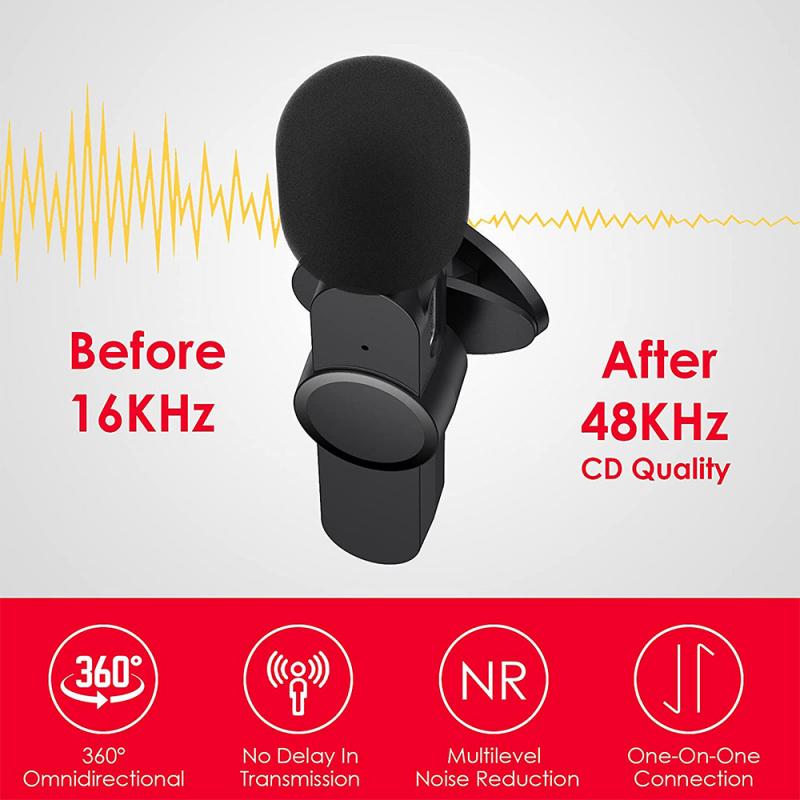
CCTV cameras with audio recording capabilities are designed to capture both video and sound, providing a more comprehensive surveillance solution. These cameras are equipped with built-in microphones or have the option to connect external microphones. The ability to record audio can be particularly useful in various scenarios, such as monitoring customer service interactions, ensuring compliance with regulations, or enhancing security in sensitive areas.
Types of CCTV Cameras with Audio Recording
1. Dome Cameras: These are commonly used in indoor settings and are known for their discreet design. Many dome cameras come with built-in microphones, making them ideal for environments where both video and audio surveillance are required.
2. Bullet Cameras: Typically used for outdoor surveillance, bullet cameras are designed to withstand harsh weather conditions. Some models come with built-in microphones, while others offer the option to connect external microphones.
3. PTZ Cameras: Pan-Tilt-Zoom (PTZ) cameras offer the ability to remotely control the camera's movement and zoom in on specific areas. These cameras often come with advanced features, including audio recording capabilities.
4. IP Cameras: Internet Protocol (IP) cameras are digital cameras that transmit data over a network. Many IP cameras come with built-in microphones and offer high-quality audio recording. They are often used in both residential and commercial settings.
Legal Considerations
Before installing CCTV cameras with audio recording capabilities, it is crucial to understand the legal implications. In many jurisdictions, recording audio without consent is illegal and can result in severe penalties. It is essential to inform individuals that they are being recorded and obtain their consent where necessary. Signage indicating that audio recording is in progress can help ensure compliance with legal requirements.
Key Features to Look For
When selecting a CCTV camera with audio recording capabilities, consider the following features:
1. Audio Quality: The quality of the recorded audio is a critical factor. Look for cameras with high-quality microphones that can capture clear sound without excessive background noise.
2. Storage Options: Audio recordings can take up significant storage space. Ensure that the camera system offers adequate storage options, such as cloud storage or expandable memory.
3. Integration with Existing Systems: If you already have a CCTV system in place, ensure that the new cameras with audio capabilities can integrate seamlessly with your existing setup.
4. Remote Access: The ability to access live and recorded audio remotely can be a valuable feature, especially for business owners who need to monitor multiple locations.
5. Privacy Features: Some cameras offer privacy features, such as the ability to disable audio recording when not needed. This can help address privacy concerns and ensure compliance with regulations.
Benefits of CCTV Cameras with Audio Recording
1. Enhanced Security: Audio recording can provide additional context to video footage, making it easier to understand incidents and identify individuals involved.
2. Improved Customer Service: In retail and service environments, audio recording can help monitor customer interactions and ensure that staff are providing high-quality service.
3. Compliance and Training: Audio recordings can be used to ensure compliance with regulations and for training purposes. For example, in call centers, recorded interactions can be reviewed to improve customer service skills.
4. Dispute Resolution: In situations where disputes arise, having both video and audio recordings can provide a more complete picture, making it easier to resolve conflicts.
Challenges and Limitations
While CCTV cameras with audio recording offer numerous benefits, there are also some challenges and limitations to consider:
1. Privacy Concerns: Audio recording can raise privacy concerns, especially in areas where individuals expect a certain level of privacy. It is essential to balance security needs with privacy considerations.
2. Legal Restrictions: As mentioned earlier, there are legal restrictions on audio recording in many jurisdictions. Failure to comply with these regulations can result in legal consequences.
3. Technical Issues: Audio recording can be affected by technical issues such as background noise, microphone quality, and storage limitations. It is important to choose high-quality equipment and ensure proper installation.
CCTV cameras with audio recording capabilities offer a comprehensive surveillance solution that can enhance security, improve customer service, and ensure compliance with regulations. However, it is essential to consider the legal implications and privacy concerns associated with audio recording. By selecting the right equipment and ensuring proper installation, you can maximize the benefits of audio-enabled CCTV cameras while addressing potential challenges.
In summary, if you are considering upgrading your surveillance system to include audio recording, take the time to research and choose the right type of camera for your specific needs. Pay attention to key features such as audio quality, storage options, and integration with existing systems. By doing so, you can create a more secure and efficient environment for your home or business.

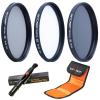

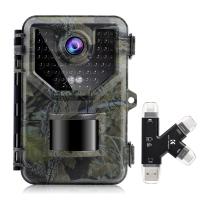
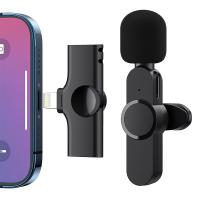
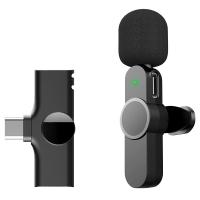
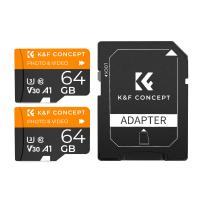
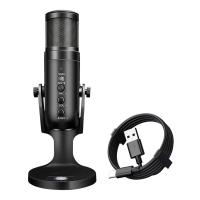
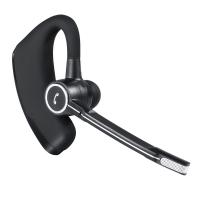
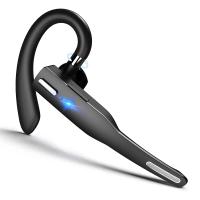
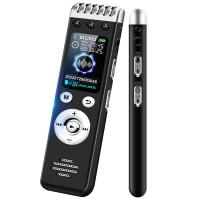
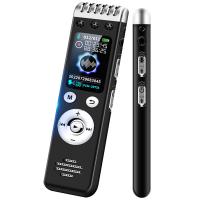
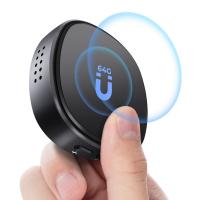
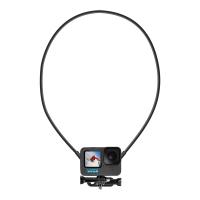

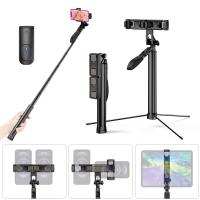
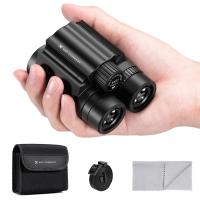
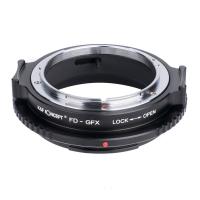
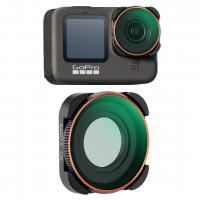
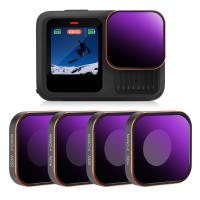

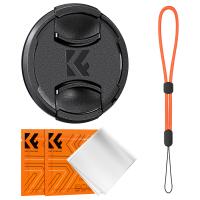
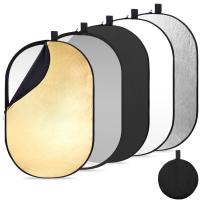
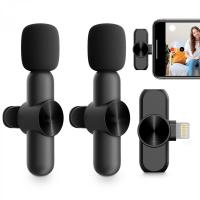
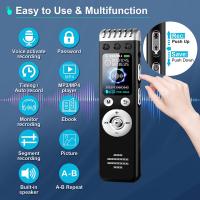
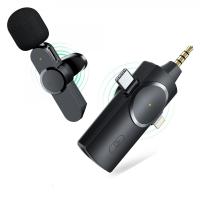

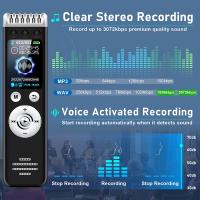
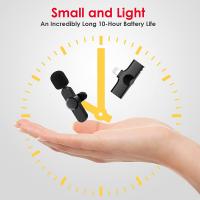

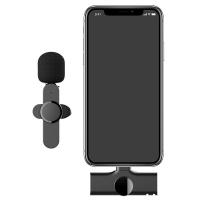
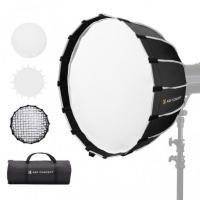
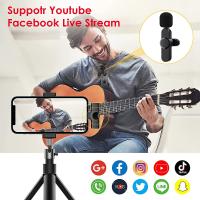
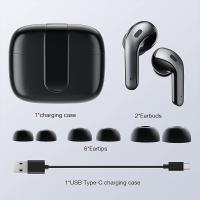
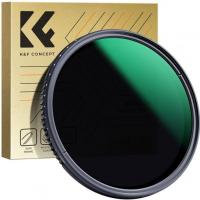
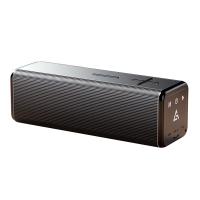
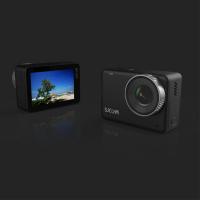
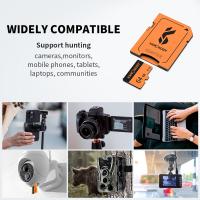
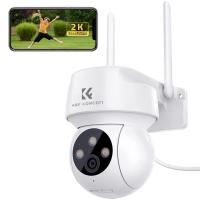

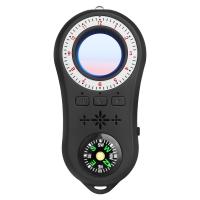
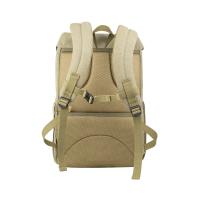
There are no comments for this blog.